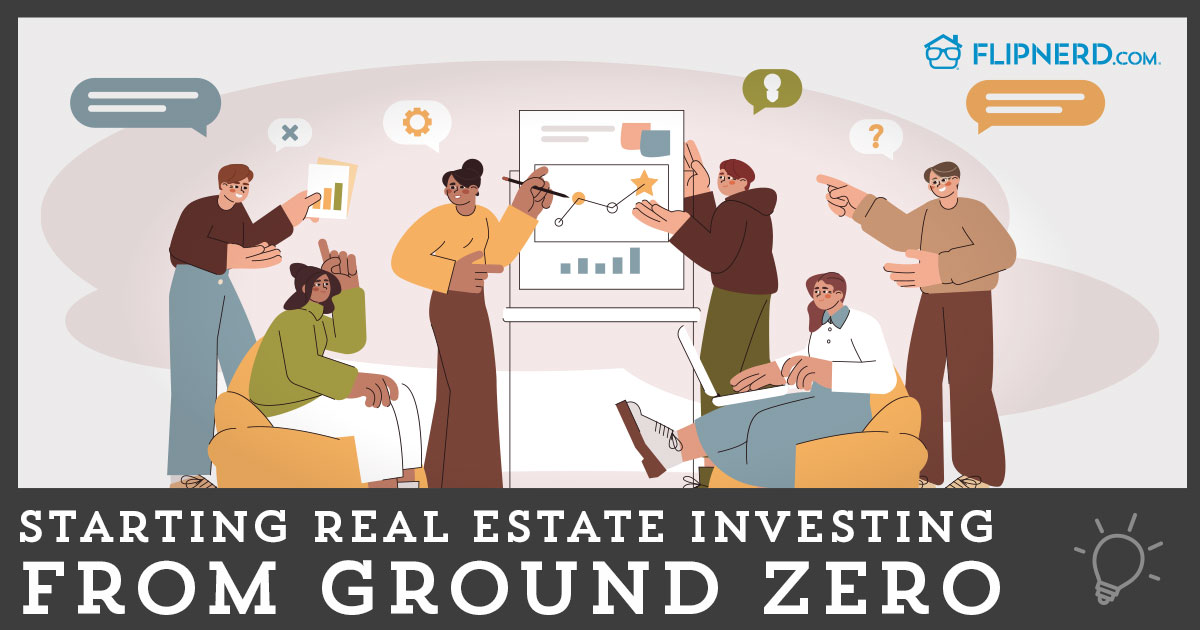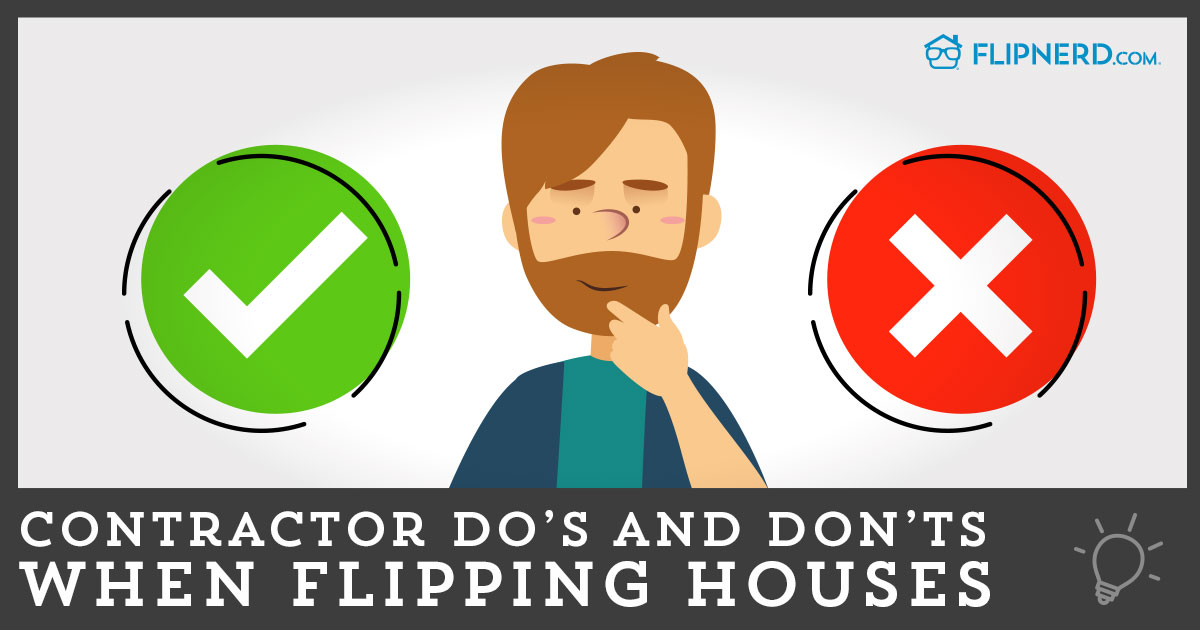When you go out on a buy appointment, you want to ask questions that will help you determine their motivation for selling the property to an investor. The trick is to shape your questions so they don’t sound intrusive or insensitive.
If done correctly, this can help you build rapport with the seller and increase your chances of the seller accepting your offer.
Before you go inside the property, remind yourself that you’re the solution to their problem and that they’re most likely going through a rough time in their lives.
Take a few minutes and get to know them.
Try to find a topic that you both have in common and get them talking. The goal is to get them comfortable with you and to build trust. Be a good listener as they might tell you more than they realize when they’re sharing their story.
This is a great lead up to one of the most important questions you have.
Start off with asking, “What’s your motivation for selling?”
Learning why they need to sell the property will tell you a lot. You can easily find out their timeframe for wanting to sell and their willingness to take a discounted offer.
Once you know their motivation, explain how you can be a solution to their problem. Remind them that by going with you, they don’t have to worry about fixing the property up before selling and they can close quickly.
Follow-Up Question #1
Why did you decide to reach out to me instead of a realtor?
This is a nice way of opening up the conversation of repairs. In many cases, the property is in need of thousands of dollars of repairs that the owner can’t afford and it’s not ready to be listed on MLS.
Remember to be the listener in the conversation and let them tell you as much as they’d like. Don’t focus too much on questions about the repairs as you can find out what you need about most of the repairs when you walk through the property.
Follow-Up Question #2
Do you understand the process of working with an investor?
There’s a good chance that the seller doesn’t fully understand how the process will work if they decide to accept an offer from an investor.
Take the time and let them know that in trade for buying the property in “as-is” condition, your offer is going to be at a lower-than-retail offer. When determining what you’re able to offer, you’ll take the amount of repairs into consideration.
If you’re a cash buyer or can close quickly, let them know this as well. Try to focus that you’re willing to buy as-is, with all cash, and will close as quick as they need.
Follow-Up Question #3
What’s your time frame for selling the property?
You might already have an idea of how quickly they’re needing the cash from the sale of the property but if it’s a short window, reassure them of your ability to close quickly.
If you’re not a cash buyer, having your financing already together will help speed this along.
Follow-Up Question #4
Do they own the house? Has it been refinanced?
Your goal with this question is to get an idea of how much is owed on the property. If they owe $80k but your offer is only going to be $60k, they’re probably not going to agree to sell.
On the contrary, someone who only owes $10k and your offer is $60k might be more inclined to take the offer as they’re clearing $50k from the sale.
Follow-Up Question #5
What are you looking to get out of the house?
You’re going to get an assortment of guesses as to what they think the property is worth. Sometimes they’ll look at what other properties in the neighborhood sold for and assume they’ll be able to get a higher than average retail offer.
Use this as an opportunity to explain the difference between a retail buyer and an investor. Most people understand that you are in business to make a profit. Walk them through the process so that they understand how you’re determining the offer price. You have operation cost, marketing cost, holding cost, capital cost, selling cost, rehab cost, and still need to make a profit.
It’s good to get an idea of where their mindset is and what their expectations are. There will be times where no matter how high your offer is, it will still be too low.
Follow-Up Question # 6
What’s the lowest you’re willing to take?
This is a good time to explain that you don’t want to play games and that you plan on providing them with the best offer your company can make but that it might not be what they’re expecting.
Let them know they can be completely honest with you and ask if they had an idea of the lowest offer they’d be willing to consider. Depending on the rapport you’ve built up with them, they might just tell you.
Remind them of expectations
After you walk through the property and determine the cost of repairs and what you’d be willing to offer, remind them of the expectations for everyone involved.
Let them know you’re providing the best offer you can and it may or may not work for them but that you’d like to be able to help them with their situation.
Run through the benefits of working with you, including buying the property “as-is” and a quick no-hassle close.
The appointment might run a little longer, but spending the few extra minutes building rapport with the seller can mean the difference between them accepting an offer or choosing to go with another investor.









